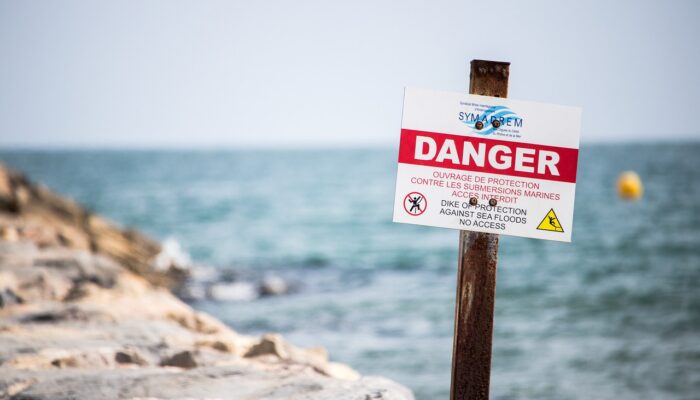Are you passionate about natural hazards? Do you want to explore and enhance your science communication skills? The EGU Natural Hazards Division Blog seeks beautiful minds to become enthusiastic new editors and join our diverse and inclusive team. The blog serves as a platform for the natural hazards community to share updates on the latest research, insights, and perspectives on issues relevant t ...[Read More]
Discover, Collaborate, Innovate: EGU 2025 is Here!
The EGU 2025 General Assembly, scheduled from 27 April to 2 May 2025 in Vienna, Austria, is one of the most anticipated events in the geosciences field. This year’s assembly is expected to gather thousands of scientists from across the globe, offering an unparalleled opportunity to engage with the latest research, innovations, and trends in Earth, planetary, and space sciences. Whether you’re a st ...[Read More]
The Geography of Multi-Hazards: Exploring Landscapes Prone to Hazard Cascades

Multi-hazards are “a selection of major hazards that a country faces, and specific contexts where hazards occur simultaneously, cascadingly, and accumulatively considering the interrelationships among them”, based on the UNSDRR definition [7]. Yet, this definition raises two key questions: Where are these specific contexts located, and what characteristics make them susceptible to intersecting haz ...[Read More]
Building Disaster Resilience Through Trust and Risk Awareness: Insights into Natural Hazards
Trust in institutions and scientific experts plays a pivotal role in Disaster Risk Reduction (DRR). This trust becomes even more critical for natural hazards—events often unpredictable and uncontrollable. Trust can shape individuals’ willingness to heed warnings, adopt precautionary measures, and participate in community preparedness initiatives. Conversely, distrust in institutions may lead to no ...[Read More]



